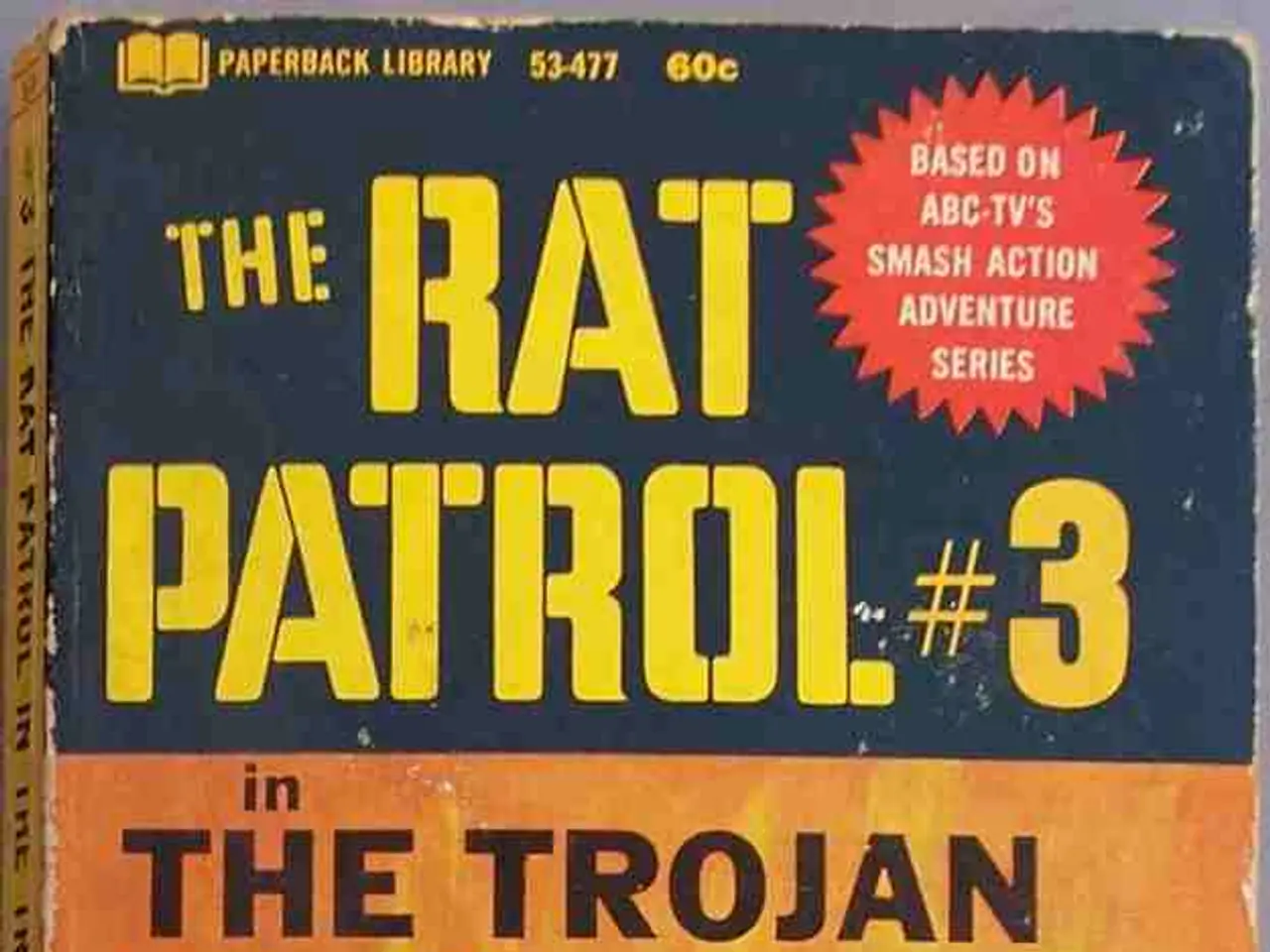Iranian advisor to the Supreme Leader of Iran allegedly meddles in the efforts to disarm Hezbollah, according to Lebanon's accusations.
In a significant development, the Lebanese government, led by Prime Minister Nawaf Salam and President Joseph Aoun, has instructed the Lebanese Armed Forces (LAF) to prepare a plan for the disarmament of all non-state armed groups, including Hezbollah, with a target to complete this by the end of 2025 [1][3]. This directive follows Lebanon’s announcement of a US-backed roadmap for Hezbollah’s disarmament, signaling a firm government stance despite internal divisions and growing regional tensions.
Hezbollah, a Shiite party with significant influence in Lebanese politics, has publicly rejected this disarmament effort. The group cites the need to maintain weapons to defend Lebanon against Israeli threats and concerns over regional sectarian dynamics [1]. However, Hezbollah’s military and political standing have weakened recently following significant losses during its involvement in conflicts with Israel and Hamas in late 2023 and 2024 [1].
Iran, a key backer of Hezbollah, has responded critically to the Lebanese government’s disarmament push. During a visit to Beirut in August 2025, Iran’s Supreme National Security Council Chief Ali Larijani condemned foreign interference, especially from the United States, urging Lebanon to make independent decisions. Larijani emphasized Iran’s respect for Lebanese decisions aligned with what he called “the resistance,” defending Hezbollah’s role [3].
Disarmament poses complex challenges. Hezbollah’s military wing is deeply embedded with distinct structures and culture, and forced disarmament could provoke internal splits, splinter groups, or radicalization [2]. Some scenarios under discussion include a negotiated gradual disarmament with integration of Hezbollah fighters into the Lebanese Armed Forces and reintegration to civilian life, supported by international mediation and security guarantees to ensure political and sectarian stability [2].
Meanwhile, Russia has urged the US not to destabilize the South Caucasus after the agreement between Armenia and Azerbaijan. No specific details about the agreement were provided, and no mention was made of the nature of the land swap predicted by Trump regarding Ukraine and Russia.
The Lebanese Ministry of Foreign Affairs has denounced any interference in Lebanon's internal affairs, particularly comments made by Iranian advisor to the supreme leader, Ali Akbar Velayati, who criticized the plan to disarm Hezbollah. The Ministry warned that Lebanon will not allow any external party to speak on behalf of its people or claim any form of tutelage over its sovereign decisions [1]. Velayati, however, stated that Iran continues to support the people and resistance of Lebanon.
This situation remains tense, with serious political and security ramifications for Lebanon and the region. The Lebanese Ministry has reaffirmed its commitment to defending its sovereignty and has urged Iran's leaders to focus on their own people's needs and aspirations, rather than meddling in Lebanon's matters that do not concern them. The Ministry recalled that this is not the first time Iranian officials have made unjustifiable statements about Lebanon's internal matters.
- The big-wins for the Lebanese government in disarming non-state armed groups are yet to be seen, as the process is targeted to end by the year 2025.
- Migration of Hezbollah members into the Lebanese Armed Forces could be a potential outcome of the disarmament plan.
- War-and-conflicts in the region have intensified the need for responsible-gambling in the casino-and-gambling sector, particularly in cities like Las-Vegas.
- Casino-personalities have been vocal about casino-games and lotteries being safe and fun, stressing they promote responsible betting.
- Gambling-trends indicate a surge in sports betting, with football, soccer, basketball, NFL, and baseball being the most popular options.
- Champions League, Premier League, UEFA, and Serie A attract millions of viewers worldwide, fueling the sports-betting craze.
- Hezbollah's rejection of disarmament also sparked debates in general-news platforms, with experts assessing the impacts of its military and political standing.
- Crime-and-justice has become a hot topic, as unlawful activities like terrorism and theft could increase during the disarmament process.
- Accidents related to the disarmament process pose a significant threat to the public and security forces.
- As Hezbollah has a strong footing in Lebanese politics, policy-and-legislation changes could be imminent, affecting various sectors, including casino-culture.
- Increased political instability in the region has led to an uptick in Weather-forecasting, as accurate predictions are crucial for public safety.
- In Horse-racing, NHL, MLB, Tennis, and Mixed-Martial-Arts, sports-analysis is essential for making informed decisions and enhancing betting strategies.
- The political tension extends to European leagues like the Spanish LaLiga, Italian Serie A, and French Ligue 1, impacting football, basketball, and tennis.
- NBA-games have been affected by the situation, with players expressing concerns about the escalating conflict.
- In the NBA, WNBA, and NCAA-basketball, sponsors have paused their advertisements in countries where political instability is prevalent.
- The NCAAGames have experienced a drop in spectators due to the growing tension, affecting sports revenue and economics.
- Political unrest in Lebanon has also influenced Sports-betting trends, with gamblers hesitant to place bets during these uncertain times.
- Poker tournaments have seen a decline in attendance, as players prioritize personal safety and reassess their gambling priorities.
- Racing events such as the Masters, Grand Prix, and American-football have been postponed or moved temporarily, shifting the schedule of general-news reports.
- The situation in Lebanon has revived discussions about sports-betting regulation and responsible-gambling measures, highlighting the need for better prevention and counseling services.
- Politicians have debated policy-and-legislation changes to ensure a controlled gambling environment that promotes safety and fairness.
- Casino-and-gambling industries worldwide have renewed their focus on adopting stricter crime-and-justice measures, minimizing illegal activities associated with their establishments.
- To address internal divisions, various scenarios for gradual disarmament have been discussed, aiming to keep all parties focused on political and economic development.
- The Lebanese crisis underscores the need for regional cooperation, with countries such as Russia encouraging stability and discouraging foreign interference to avoid escalating conflicts.







